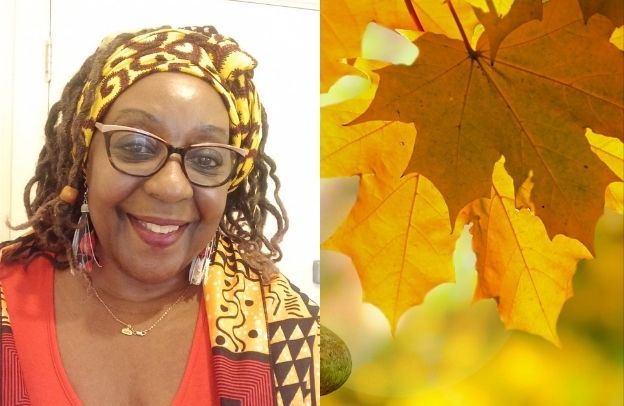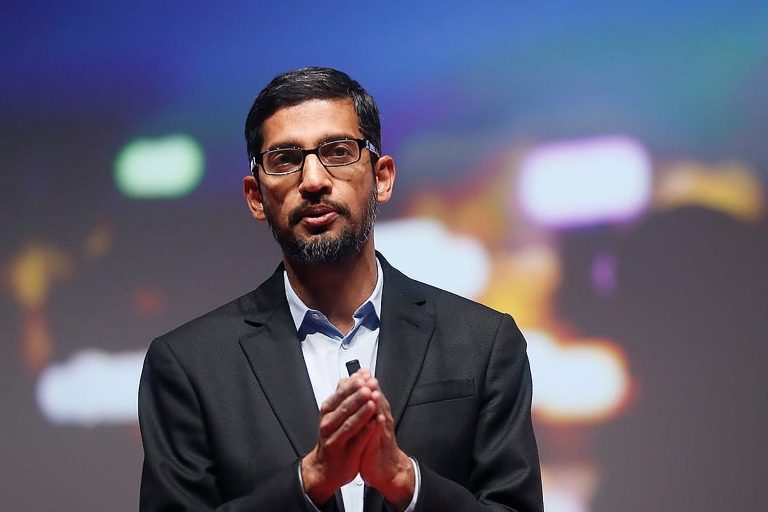Gloria Ogunbadejo On Mental Health Among The African Diaspora Community

Today, we are going to be talking about mental health among the African diaspora community. This is a conversation you really must pay attention to. The African diaspora community has a rich and diverse cultural heritage, but what about their mental health? Despite the cultural richness, this community often faces unique challenges that can have a significant impact on their mental health.
Download the first chapter of The Storytelling Series: Beginners’ Guide for Small Businesses & Content Creators by Obehi Ewanfoh.
From historical trauma to present-day discrimination, understanding mental health in the African diaspora community is crucial for creating a more inclusive and supportive society. So, let’s delve into the complexities of mental health in this community and explore ways to address these challenges.
Understanding Mental Health Among The African Diaspora Community
Mental health is a crucial aspect of overall well-being, and it affects people of all backgrounds and cultures. However, mental health concerns are often stigmatized and overlooked in many communities, including the African diaspora community. The African diaspora community is composed of people who have roots in Africa and have spread to other parts of the world, including North America, South America, Europe, and the Caribbean.
You might also like to read – Author John Robert Lee Talks About His Literary Works – Books And Poetries
This community faces unique challenges and experiences that can impact their mental health, including racism, discrimination, poverty, and cultural isolation. In this article, we will explore the complexities of mental health among the African diaspora community, including the importance of understanding cultural differences, the impact of historical trauma, and the importance of addressing mental health stigma.
A more inclusive and supportive society
By gaining a deeper understanding of mental health in the African diaspora community, we can work towards creating a more inclusive and supportive society for all.
According to one report, 16% (4.8 million) of African-American people are reported of having a mental illness, and 22.4% of those (1.1 million people) reported a serious mental illness over the past year.
As reported by (MHIN) Mental Health Innovation Network, people from black and minority ethnic groups, living in the UK are:
- more likely to be diagnosed with mental health problems.
- more likely to be admitted to inpatient care.
- more likely to disengage from mainstream mental health services, leading to social exclusion and a deterioration in their mental health.
We can do on and on, citing case after case of mental health reports about the African diaspora community.
What this demonstrates is that in the African diaspora community, mental health is a serious issue and should not be swept under the carpet. So, let’s face it and call it by its name.
The Key Questions In This Episode:
- What do the people in the African diaspora community need to know about mental health?
- What are the causes of mental health in the African diaspora community?
- And what are some remedies to these mental health problems?
These and more are what we are going to be talking about and this episode of Obehi Podcast, and our guest is Gloria Ogunbadejo.
Here is another article you might like – The Sacred Nile with Chester A. Higgins Jr.
The Full Podcast Interview With Gloria Ogunbadejo
7 ways to improve Mental Health Among The African Diaspora Community
Improving mental health among the African diaspora community is a multifaceted issue that requires a holistic approach. Here are seven ways to improve mental health in this community:
- Increase awareness and education: Raising awareness about mental health issues and providing education on available resources can help reduce stigma and increase access to support.
- Promote culturally responsive care: Mental health services that are culturally responsive and understanding of the unique experiences and challenges faced by the African diaspora community can improve treatment outcomes and increase engagement in care.
- Address systemic issues: Systemic issues such as racism, discrimination, and poverty can negatively impact mental health. Addressing these issues through policy changes, advocacy, and community organizing can improve overall well-being.
- Encourage community support: Building strong community networks and support systems can help individuals in the African diaspora community feel more connected and less isolated, which can have a positive impact on mental health.
- Increase access to resources: Providing access to affordable and culturally appropriate mental health services, including therapy and medication, can improve mental health outcomes.
- Address historical trauma: The African diaspora community has a complex history that includes traumatic experiences such as slavery and colonization. Acknowledging and addressing the impact of historical trauma can improve mental health outcomes.
- Advocate for mental health parity: Advocating for mental health parity in healthcare and insurance coverage can ensure that individuals in the African diaspora community have access to the same quality of care as those in other communities, reducing disparities in mental health outcomes.
By implementing these strategies, we can work towards improving mental health outcomes for individuals in the African diaspora community and creating a more inclusive and supportive society for all.
You might also like to read – David Williams Talks About His Music And Youth Worker In The UK
About The Guest – Gloria Ogunbadejo
Gloria Ogunbadejo is a mental health practitioner, activist, and trailblazer with a prolific career in advocacy, journalism, and broadcasting.
She is passionate about issues affecting women, and she has worked tirelessly over the years to bring about awareness to these concerns. Her awareness campaign has been influential in the legislation on refugees, asylum seekers, and trafficked women throughout the UK and Europe.
She has also spoken at conferences worldwide alongside activists such as Andrea Dworkin and Susie Orbach, in France, Italy, Amsterdam, Uganda, and Beijing.
Mrs. Gloria has over 30 years of experience, working with key organizations such as Mind, Medical Foundation, The Women’s Therapy Centre, The Arbours, and Women in Prison.
You can connect with Gloria Ogunbadejo on her LinkedIn page.
Learn More About The Podcast
Obehi Podcast brings you leaders and experts from different industries to share their experiences, relating to Africa and the African diaspora. Listen to Obehi Podcast across different platforms: Spotify, Apple Podcast, YouTube, and much more.
Download the first chapter of The Storytelling Series: Beginners’ Guide for Small Businesses & Content Creators by Obehi Ewanfoh.




